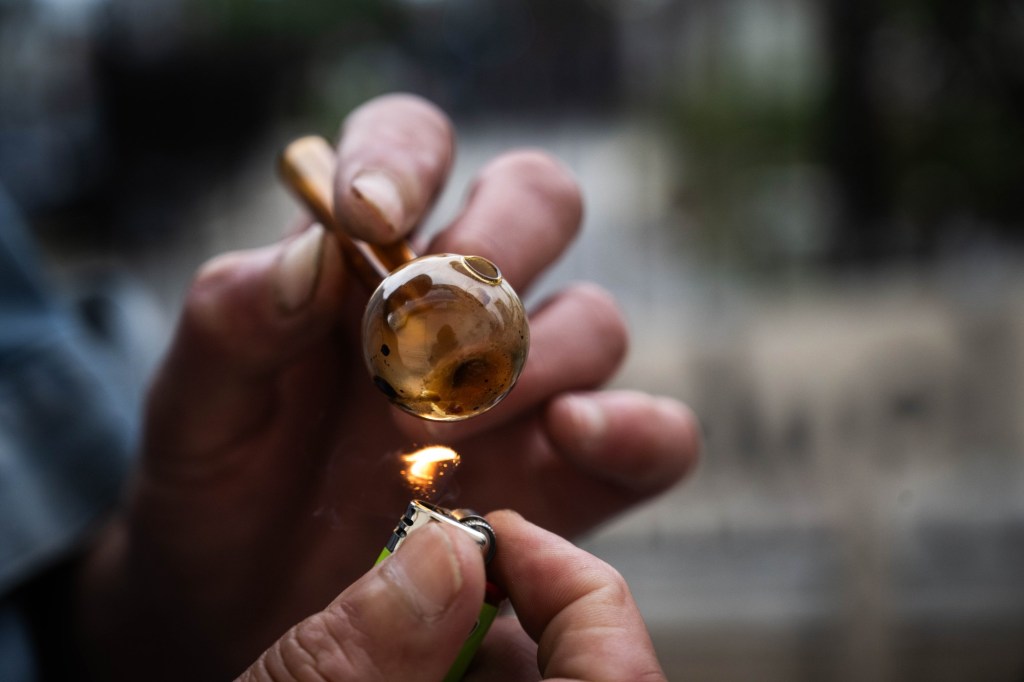In 2022, the White House set ambitious goals to tackle the opioid crisis through the National Drug Control Strategy proposal. Collaborating with federal, state and tribal governments, as well as local communities and health professionals, the strategy focused on two things: harm reduction efforts and racial equity in drug policy.
Harm reduction helps people who use drugs minimize health and legal problems. It empowers people to make informed choices about their health. Yet many community organizations still can not provide safer smoking supplies, a vital harm reduction strategy that would also advance racial equity.
Supplies like glass pipes, mouthpieces and foil are crucial for people who smoke drugs like methamphetamine, opioids and cocaine. Without access to new or sterile equipment, people are at higher risk for infections and other health issues.
Studies show that providing these supplies can significantly reduce hospital stays, soft-skin tissue infections and overdoses. Despite evidence supporting the effectiveness of safer smoking kits, there’s still significant resistance to their distribution.
Current policies favor syringe needle exchange programs over safer smoking ones, yet Black individuals are less likely to inject drugs compared to their white counterparts. Expanding access to safer smoking kits would not only provide an alternative to injection drug use but could also broaden harm reduction services available to communities.
Opponents often derogatorily refer to glass pipes as “crack pipes,” invoking a racially charged history of drug policy. This rhetoric exacerbates health disparities, particularly affecting Black Americans, who face higher overdose rates and less access to treatment and services, despite experiencing similar rates of substance use disorder as other groups.
The expansion of harm reduction services has also been criticized as an “enabling campaign,” a sentiment amplified by social media and news outlets. Despite fact-checking news articles debunking claims of a federal pipe distribution program, harm reduction sites offering safer smoking supplies became heavily scrutinized. In 2022, the Biden administration succumbed to public pressure and subsequently denied funding for kits.
Without federal support, community aid organizations like Smoke Works have stepped up, distributing more than 1 million pipes in 2023 to programs in 46 states. These efforts have enhanced community engagement and reduced injection drug use. But to achieve a broader public health impact, federal backing is essential.
The opposition to safer smoking kits is rooted in racist and divisive rhetoric that hinders progress and endangers communities. Some states have even passed laws prohibiting the distribution of safer smoking supplies, and federal bills have been proposed to ban their purchase using funds distributed for the treatment of substance use disorders.
As the opioid crisis continues to roil communities across the country, we must unite to advocate for the drug policy reforms Biden promised.
We’ve been here before. It took decades of advocacy to get the approval of federal funding for syringe services in 2016.
Safe smoking kits are an effective and relatively inexpensive method to reduce drug overdoses and other negative health effects while reaching a community that for too long has been left behind by drug policy reforms.
Lindsay Miller has a master’s degree in clinical mental health counseling. She wrote this column for The Progressive magazine. ©2024 Tribune Content Agency.
